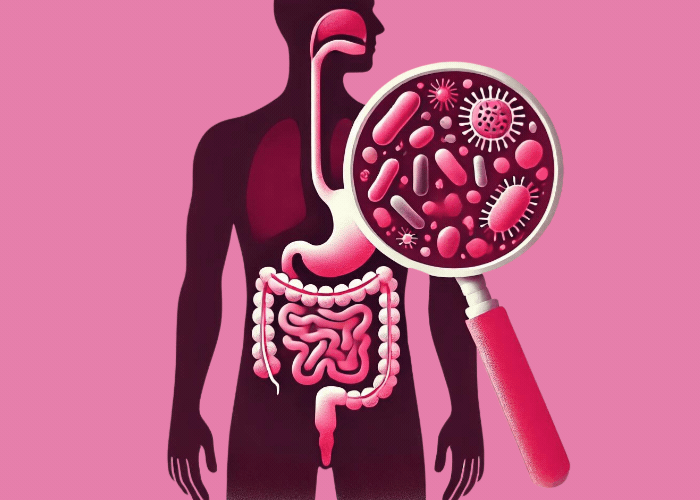Antibiotic resistance is widespread in countries where there is insufficient control of the use of these drugs. International travel is a major contributor to their global spread.

Hundreds of millions of visitors to exotic countries are exposed to multi-resistant gram-negative intestinal bacteria every year as a result, leading to between 30 and 70% of them being colonised with these germs on their return.
The colonisation process in exposed areas is poorly documented, as the necessary data on the composition of the microbiome has so far usually only been collected once before and once after the trip.
The present study is the first to analyse the exact dynamics of colonisation of tourists with multi-resistant germs by taking stool samples on a voluntary basis over a longer period of time (22 days).
Study highlights::
- In addition to revealing the burden of antibiotic resistance abroad, the surprisingly high number of acquired multidrug-resistant strains indicates a far greater risk for travellers than previously thought.
- Extended spectrum β-lactamases (ESBLs) are enzymes produced by gram-negative intestinal bacteria such as Escherichia coli and Klebsiella that deactivate important antibiotics such as penicillin, cephalosporin and monobactam.
- The genes for ESBL are found in plasmids (cell organelles) that can be exchanged between bacteria of the same species.
- All 20 participants in the study had bacteria with ESBL genes at some time.
- When they returned home to Europe, 70% of the holidaymakers were still ESBL-positive.
Conclusion
The study underlines the need to prevent travellers’ diarrhoea by taking specific probiotics and to generally reduce the use of antibiotics in order to minimise the development of resistance and its transmission to other people.



























